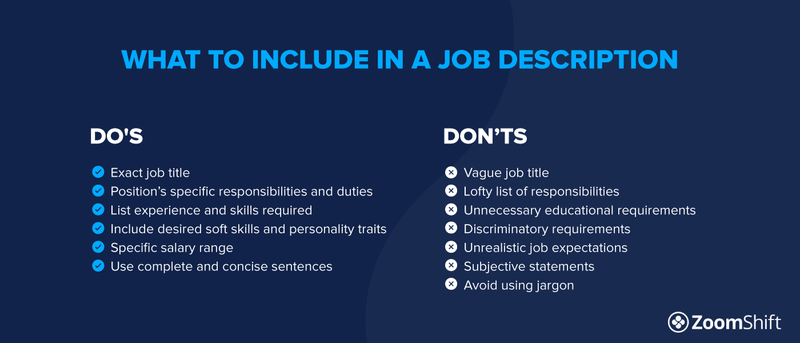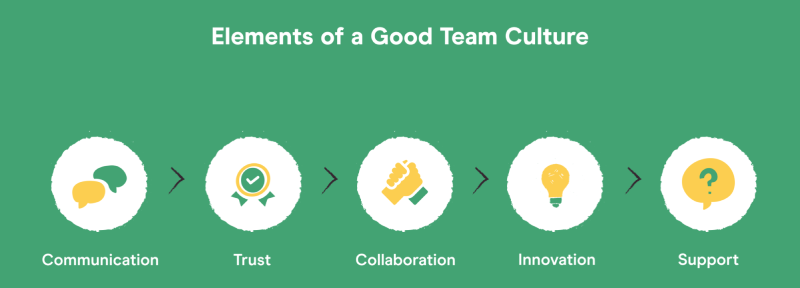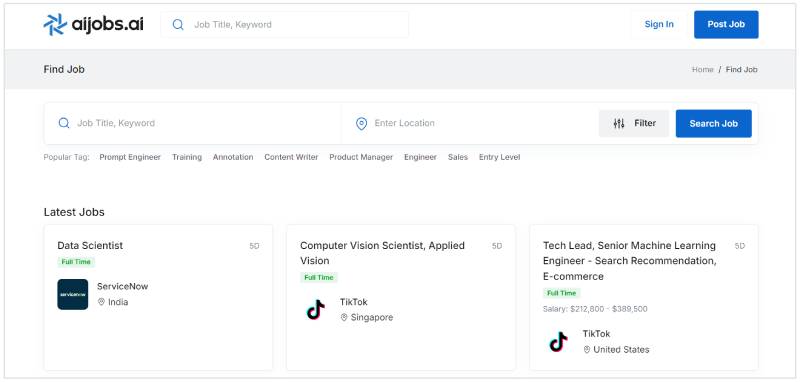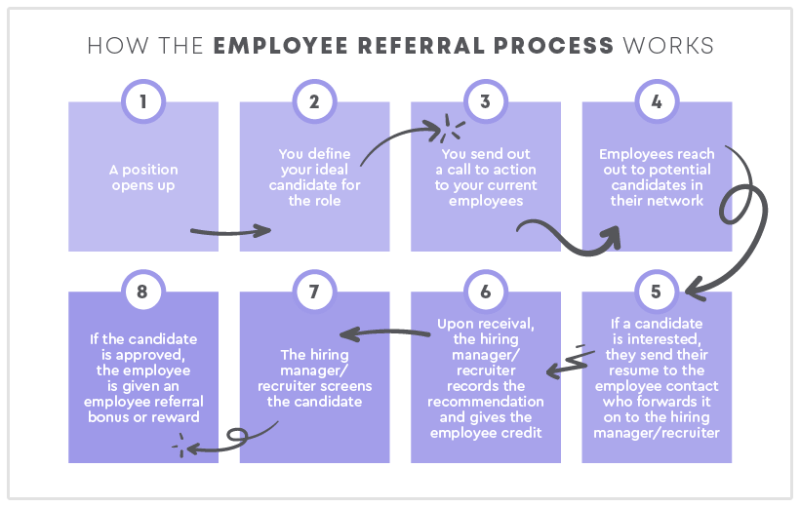7 Tips for Recruiting Top Talent for Your Company

When it comes to recruiting top talent for your company, the stakes are high. Recruiting top talent is crucial for driving innovation and ensuring your company stays ahead of your competitors.
Recruiting top talent requires a strategic approach that goes beyond simply posting job ads. It’s about creating an appealing company culture, offering competitive benefits, and using smart recruitment tactics.
In this blog post, we’ll explore seven effective tips for recruiting top talent and ensuring your company stands out to the best candidates.
Importance of a Recruitment Strategy
Having a well-defined recruitment strategy is important for any company aiming to attract and retain top talent.
Without a clear plan, the hiring process can become inefficient, leading to missed opportunities and unqualified hires.
A recruitment strategy helps ensure that your efforts align with your company’s long-term goals, enabling you to find candidates who not only meet the technical requirements but also fit your company culture.
Additionally, a solid strategy allows you to target top talent, reducing time-to-hire and ensuring a smoother onboarding process.
At the end of the day, it helps you stay competitive by consistently bringing in the best candidates while minimizing hiring costs and turnover rates.
Next, we're going to look at some effective tips for recruiting top talent.
How to Recruit Top Talent
Write Effective Job Descriptions
Writing effective job descriptions is the first step in recruiting top talent.

As the first touchpoint between your company and potential candidates, job descriptions play an important role in shaping the perception of your organization and setting the stage for attracting the right talent.
An effective job description provides clarity to job seekers, helping them understand whether they are a good fit for the position, which in turn saves time by filtering out unqualified applicants.
A good job description clearly defines the expectations, the necessary skills and qualifications, and highlights what makes your company a great place to work.
It should also showcase your company culture and values, which can attract talent that aligns with your mission.
Clearly Communicate Your Employer Value Proposition
An Employer Value Proposition (EVP) is a statement that defines what makes your company an attractive place to work.
It includes the benefits, rewards, and opportunities that employees receive in exchange for their skills and expertise.
An EVP typically highlights key elements like company culture, career growth opportunities, work-life balance, compensation packages, and any unique perks your company offers.
Note: an EVP includes both monetary and non-monetary benefits/rewards.
To effectively communicate your value proposition, consider the following strategies:
- Job Postings: Ensure your EVP is woven into job descriptions. Highlight the benefits and career opportunities that set your company apart, making them a central part of your recruitment message. For instance, check this job posting from Brightspeed on AIJobs for a Senior Manager position. Note how they “sell” their company culture and benefits.

- Company Website: Dedicate a section to your EVP on your careers page. Use testimonials, videos, and detailed descriptions to bring your value proposition to life, offering potential candidates an authentic glimpse into your organization's promises and culture.
- Social Media: Use sites like LinkedIn, Facebook, and Instagram to consistently share content that reflects your EVP. Showcase employee stories, highlight company events, and engage with your audience to build a vibrant employer brand online.
- Interviews: During interviews, reinforce your EVP by discussing how your company supports employee growth, values work-life balance, and creates a positive work environment. This personal touch can make a lasting impression on candidates.
Build a Great Team Culture
Building a great team culture is a powerful tool for recruiting top talent.

Today’s candidates aren’t just looking for a job; they want to be part of an organization that shares their values and fosters a positive work environment.
A strong team culture can differentiate your company from competitors, making it more attractive to high-quality candidates.
The key elements that can result in a great team culture include:
- Collaboration
- Communication
- Trust
- Innovation
- Support
By investing in your company culture and promoting it through your recruitment effort (interviews, on your website, employee testimonials) you can attract top talent that is eager to be part of a dynamic and thriving team.
Make Use of Niche Job Boards
Using niche job boards is a highly effective tactic for recruiting top talent, as it allows you to target the exact type of candidates you're looking for.
Unlike generic job boards, niche job boards cater to specific industries or skill sets, which means your job postings are placed directly in front of the people most qualified and interested in the role.
This not only increases the likelihood of attracting high-quality candidates but also helps you avoid sifting through applications from people who don’t meet your requirements.
For example, our job board, AIJobs, is specifically designed for AI and machine learning jobs.

Our site attracts thousands of monthly visitors (20k visitors to be exact), all of whom are professionals with an interest and expertise in these fields.
By posting your open positions on AIJobs.ai, you can ensure your job listings reach candidates who are actively seeking roles in AI and machine learning, giving you a much better chance of finding the right fit for your team.
Niche job boards like ours help streamline your recruitment process and improve the quality of the applicants you receive.
Don’t Forget About Employee Referrals
When recruiting top talent, don’t overlook the value of employee referrals.
Your current employees are often a great resource for finding high-quality candidates, as they likely know people with similar skills, experiences, and work ethics from previous jobs or industry connections.
By tapping into this talent pool, recruiters can expand their reach and find strong candidates who may not be actively searching on job boards.
Setting up an employee referral program can encourage your team to participate in the hiring process.

Offering rewards, such as bonuses or incentives, for successful referrals creates a win-win situation—employees are motivated to bring in talent they believe in, and the company benefits from finding new hires who come with a trusted recommendation.
Verify Each Candidate’s Credentials
Unfortunately not all candidates are honest about their credentials. In fact, according to a study done by ResumeLab surveying 1,900 participants, 7 in 10 workers confessed they had lied on their resume. Additionally, 37% admitted they lied frequently.
8 in 10 confessed they had lied during a job interview, with 44% admitting to frequently bending the truth.
- Agata Szczepanek, Career Expert at LiveCareer
There might be some instances where a candidate does really well during the interview process and impresses everyone. But upon further investigation you might find that he/she wasn't honest about their experience or skill set.
This is why verifying a candidate’s credentials is a critical step in recruiting top talent.
Before extending an offer, you need to ensure that the information provided by the candidate is accurate and aligns with the needs of your company.
To verify credentials, start by conducting thorough reference checks. Speak with previous employers, colleagues, or supervisors to confirm the candidate’s role, responsibilities, and performance.
Additionally, if the position requires specific qualifications, such as certifications or degrees, request documentation and verify it through relevant institutions.
You can also use background check services like HireRight to validate employment history and education.
In more technical fields such as programming and software development, companies also give candidates a practical task to complete as part of the interview process. This is to check whether these individuals can actually complete relevant tasks.
Make a Job Offer Fast
The best candidates are often in high demand and unlikely to stay on the job market for long.
If you come across a candidate who is a perfect fit for your team and checks all the boxes in terms of qualifications and culture fit, it’s crucial to act fast and make them an offer before they move on to another opportunity.
Delaying the process could mean losing out on an exceptional hire, as other companies may be vying for the same talent.
Streamline your interview and decision-making process to ensure that you can move quickly once you identify the right person.
Being prompt in making a job offer not only demonstrates your interest and professionalism but also increases the chances of securing top talent before your competitors do.
Conclusion
Attracting and securing top talent requires more than just standard recruitment practices.
Companies must be proactive and strategic in their approach to hiring to stand out and secure the best candidates. By applying these effective recruitment strategies, you can enhance your efforts and build a strong, talented team poised for success.








